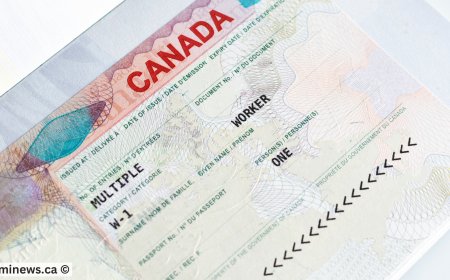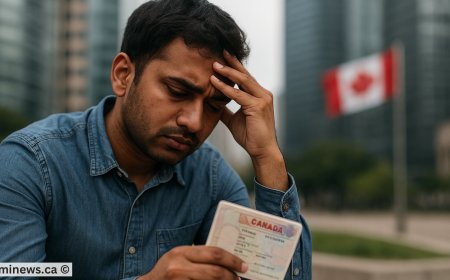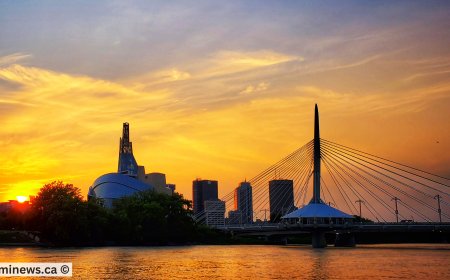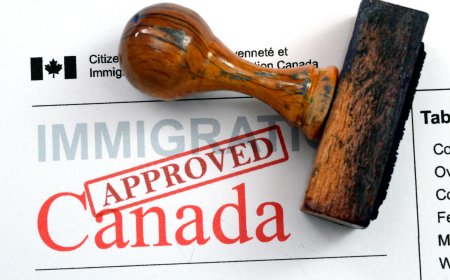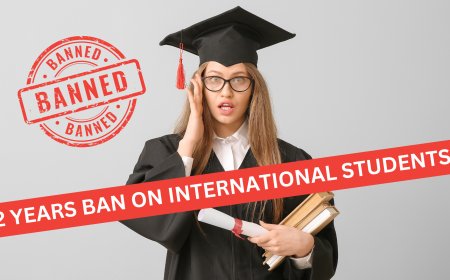Canada's Immigration Shake-Up: Record Rejections for Visitors & Students
Canada's visa approvals for tourists, students, and workers are dropping sharply in 2024, with rejections hitting record highs. Discover why and what this means.

Canada is tightening its grip on visa approvals, rejecting more applications from tourists, students, and workers than ever before. Recent data reveals that the immigration department has significantly reduced the number of visas issued, with 2024 witnessing more rejections than approvals in several months—the highest rejection rate since the pandemic.
This shift aligns with the federal government’s strategy under Prime Minister Justin Trudeau to limit the influx of temporary and permanent residents, largely due to concerns over Canada’s growing housing crisis, which has been partially linked to high levels of immigration.
Public opinion is shifting as well, with more Canadians now believing the country is accepting too many immigrants. This growing sentiment is influencing immigration and border control policies.
In July alone, 5,853 foreign travelers—including tourists, students, and workers—were denied entry, the highest monthly figure since January 2019. Border officials have averaged 3,727 rejections per month in the first half of 2024, a 20% increase from the previous year. In addition, July saw 285 visa-holders deemed inadmissible, marking the highest count since 2019.
Although a Canada Border Services Agency spokesperson pointed to migration trends and policy adjustments as reasons for these changes, specific policies remain unclarified. Visa approvals for study and work permits have also dropped, with the decline in study permits tied to a cap introduced in January 2024. Immigration Minister Marc Miller affirmed in August that Canadians expect a well-regulated immigration system, which has prompted stricter application reviews.
Legal experts have reported that visa-holders are now facing tougher scrutiny at the border. Some have been subjected to intense questioning and even advised to return home or face deportation, reflecting a significant shift in enforcement.
These practices have sparked criticism, as many are questioning why visas are being approved only to be later revoked, casting doubt on the fairness of the system. Despite the tightening rules, the future remains uncertain for those seeking to visit or study in Canada.
What's Your Reaction?
 Like
0
Like
0
 Dislike
0
Dislike
0
 Love
0
Love
0
 Funny
0
Funny
0
 Angry
0
Angry
0
 Sad
0
Sad
0
 Wow
0
Wow
0
